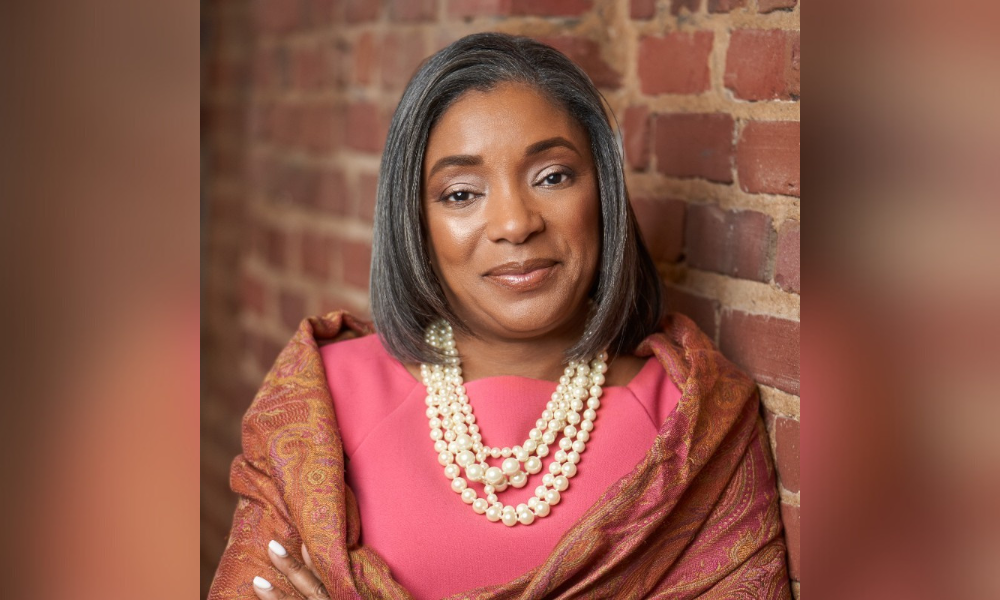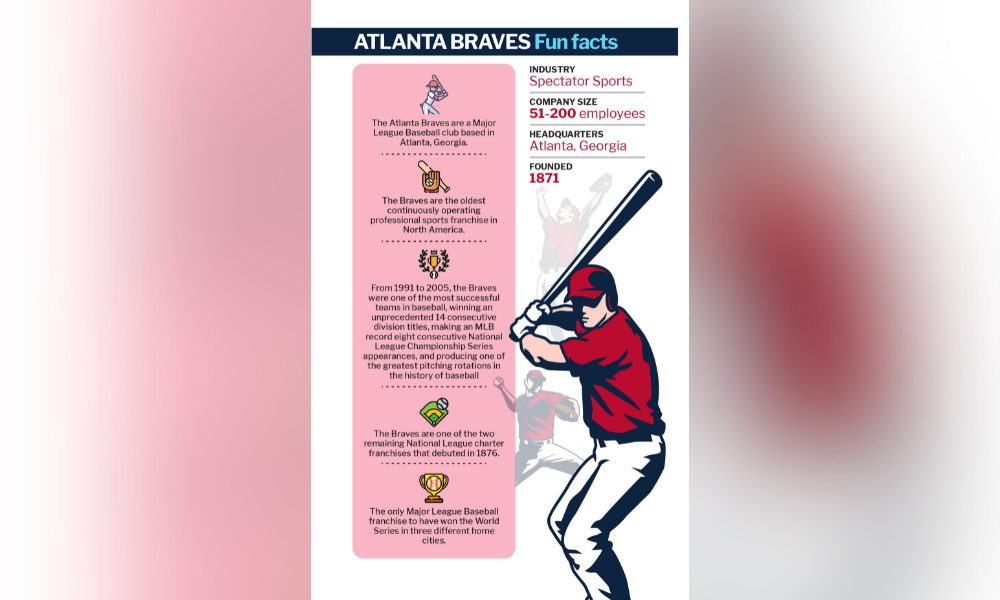
DeRetta Rhodes sits down with HRD to talk culture, pandemic pressures and diversity in baseball

When DeRetta Rhodes first began at iconic baseball team The Atlanta Braves, she quickly realized the need for an HR rebrand.
“My role was specifically focused on HR,” she tells HRD. “One of the things I knew was really critical for us to consider, and for the team to know and understand, is that we really needed to change our name to allow it to align with what we were doing in the business.”
The shift? From HR to ‘People Capital’ – a move that instigated a complete cultural transformation. Something that chief culture officer Rhodes thinks is seen best in the welcoming environment they boast for staff, fans, players and the community alike.
"Our fandom really speaks to what our culture is," she says. "It comes down to welcoming everyone who comes into this environment. I think that can often transcend the conversation of what culture should be; culture really aligns with the fact that people want to be a part of what that brand is - and they also want to be a part of that organization.”
And The Atalanta Braves certainly has a reputation for loyal fans. With a club history dating back to 1871, and boasting players such as Hank Aaron, Eddie Mathews, and Warren Spahn, it’s the oldest continuously operating professional sports franchise in the US. For Rhodes, one of her favourite attributes of the club is its unwavering commitment to diversity in every aspect of the business.
Initially, however, Rhodes says that DEI efforts were scattered across various departments, but the establishment of a council in 2020 marked a significant step towards unifying these efforts and ensuring that DEI was woven into the fabric of the organization.
"We needed to create a platform where everyone felt like they could come in and they could see what our actual initiatives were against diversity, equity and inclusion," she says. “So when we think about anything that we do, we take into consideration the things that we are integrating from a DEI perspective.”
Rhodes poses an example of diversity marketing towards kids in sports. At The Atlanta Braves, they look at how they’re engaging the kids, helping them to be a part of everything, and particularly focusing on underserved communities.
“We help coaches working with youths in sport,” she tells HRD. “We also have several different projects within the City of Atalanta – such as rebuilding recreation centers so people can continue to play baseball. That whole concept of baseball is a conduit for us to look at the community and drive diversity, equity and inclusion through everything we do.”
And the diversity doesn’t stop there. The development of employee resource groups, such as 'Women in Baseball' and a group for working parents, further illustrates Rhodes' dedication to fostering a supportive and inclusive workplace.
“We have found that these groups have inspired individuals to want to stay within the organization and invites others into the organization,” she says. “I have seen an amazing number of referrals that have come to us as a result of having that connection with both of those Employee Resource Groups.”

But it’s not been all plain sailing for Rhodes and her Atlanta Braves. The pandemic served up a curve ball for the team, causing a major shift in organizational dynamics – and bringing health and safety to the absolute forefront.
"[Prior to the pandemic], I didn't focus on health and wellness and wellbeing like we do now," Rhodes says. “As we got to the other side of the pandemic, we had to make tough decisions about positions and the world of work for baseball. When we figured that out, we were able to be very transparent with individuals about coming into the organization.”
“The reality is you have to be transparent in these conversations,” she adds. “Which is difficult to do. We have to make game day decision – no pun intended – every single day around what we need to do.
“Throughout the pandemic, we had to ensure we were caring for our people – going through something like that, it’s like wartime HR. Now, finally, we’re able to get back to peacetime HR, and hone in on the things you went through in order to become even more resilient.”